Blueberries are a delightful addition to any garden, even when grown in containers. However, winter can pose challenges to keeping these plants healthy and productive for the next growing season. Proper care during the colder months is essential to protect your blueberries from frost damage and ensure they thrive when spring arrives.
Whether you’re a seasoned gardener or new to growing blueberries, these seven simple tips will help you provide the care your container plants need during winter.
Let’s explore these easy and effective ways to winterize your container blueberries and set them up for success!
Choose the Right Container
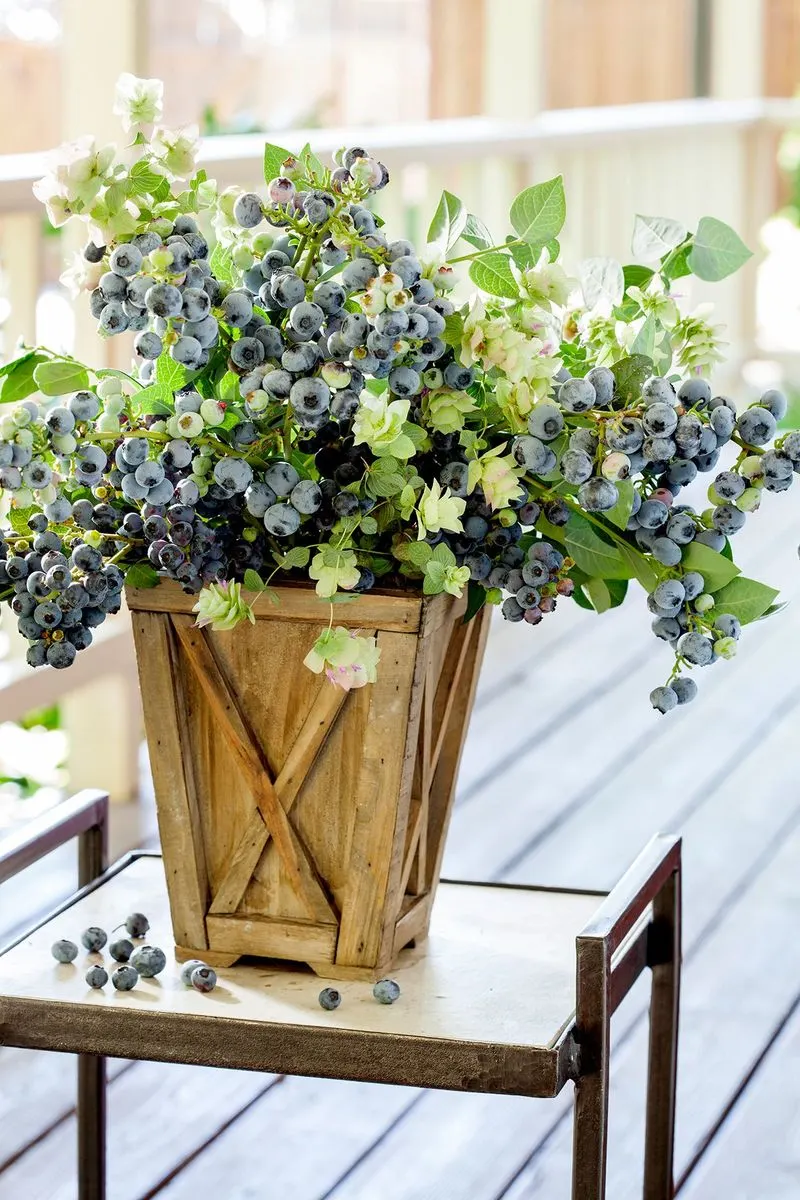
The choice of container plays a crucial role in blueberry health during winter. Opt for a medium-sized ceramic pot that provides good insulation. Avoid plastic pots as they can crack in extreme cold. Wrap the container with insulating materials like blankets or bubble wrap. This simple step can prevent the roots from freezing, maintaining the plant’s vitality. Consider placing the pot on a wooden platform to avoid direct contact with cold surfaces. These measures ensure your blueberries stay warm and protected from harsh winter conditions.
Water Wisely

Maintaining proper moisture levels is vital for blueberries during winter. While these plants require less water in colder months, it’s important to avoid letting them dry out completely. Check the soil moisture regularly by feeling the top inch of soil. If it feels dry, water the plant sparingly, ensuring excess water drains away. Over-watering can lead to root rot, so moderation is key. Moving the plant indoors near a sunny window can also help manage its moisture needs effectively.
Prune with Precision
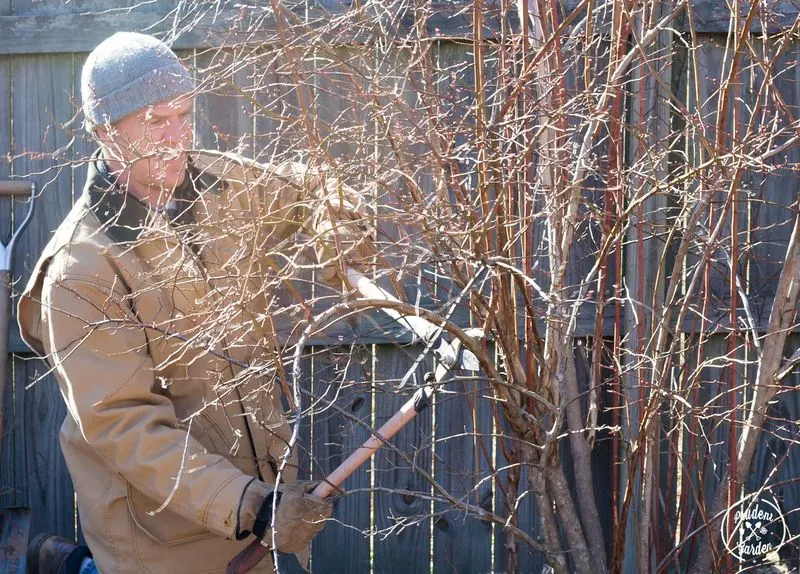
Pruning is not just a spring activity; strategic winter pruning can benefit your blueberries. Trim away any dead or weak branches to encourage healthier growth. Focus on maintaining an open shape that allows light and air to penetrate the center of the plant. This practice reduces the risk of disease and promotes vigorous growth in the following season. Use clean, sharp tools to make precise cuts, ensuring the plant remains healthy and robust.
Mulch Generously
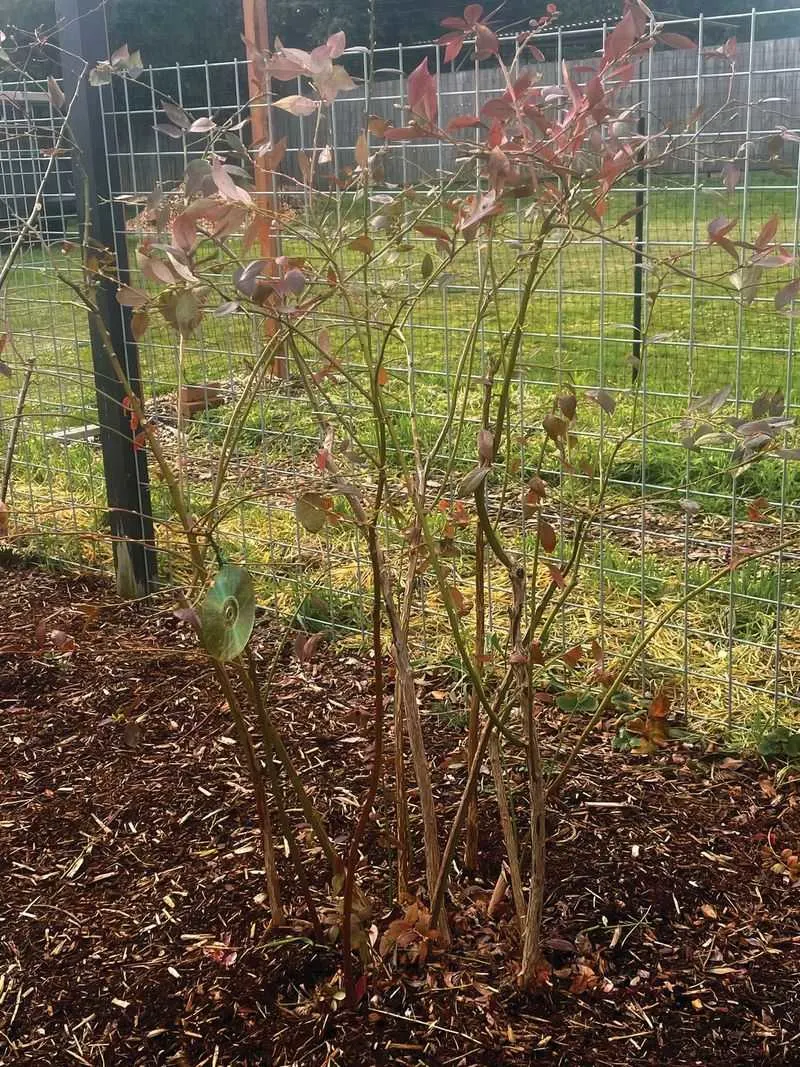
Mulching is an effective way to protect blueberries from winter’s chill. Apply a thick layer of organic mulch, such as straw or pine needles, around the base of the plant. This acts as a protective blanket for the roots, conserving moisture and regulating soil temperature. Be generous with the mulch, ensuring it covers the soil thoroughly. This simple practice can significantly enhance the plant’s resilience to cold weather, keeping it healthy throughout the winter.
Ensure Sufficient Sunlight

Sunlight is a vital ingredient for blueberries, even in winter. Position your potted plant where it can receive maximum sunlight exposure, ideally on a sunny windowsill. The additional light helps maintain the plant’s energy levels, crucial for surviving colder months. If natural light is insufficient, consider using a grow light to supplement. This ensures your blueberries have the energy needed to stay vibrant and healthy until spring.
Fertilize Sparingly
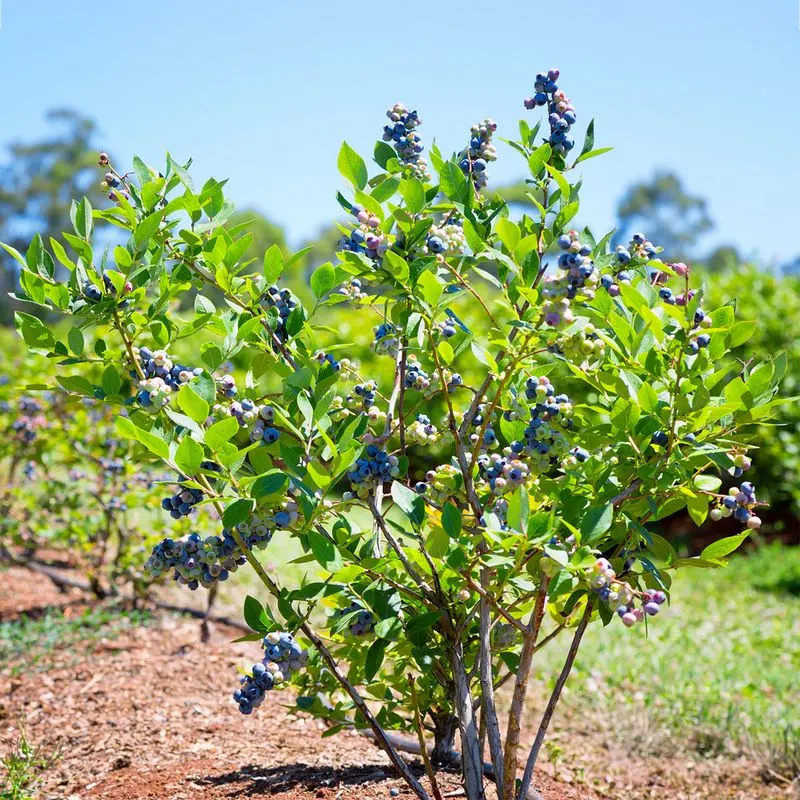
Fertilizing in winter requires a delicate balance. While it’s tempting to boost plant growth, over-fertilization can harm your blueberries. Use a balanced, slow-release fertilizer sparingly to provide essential nutrients. Apply it lightly, following the package instructions, to avoid overwhelming the plant. This approach supports steady growth without stressing the plant. As winter progresses, monitor the plant’s response and adjust fertilization as needed.
Guard Against Pests
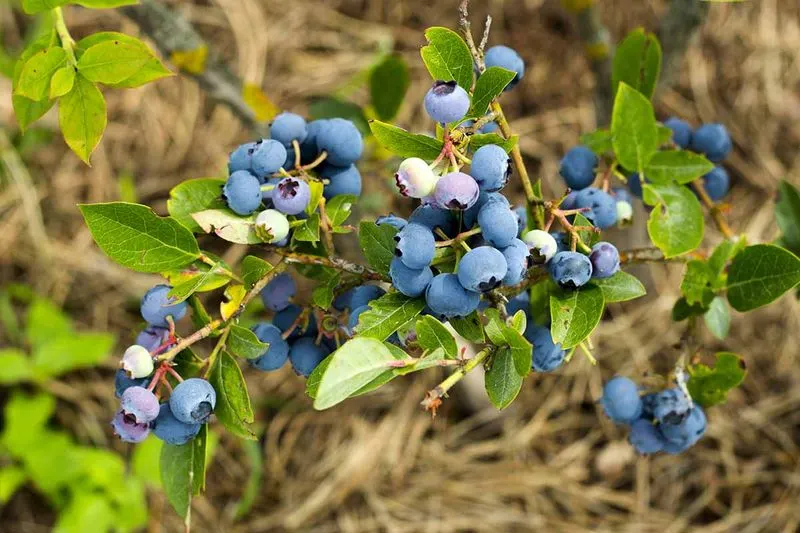
Even in winter, pests can pose a threat to your blueberries. Keep an eye out for common indoor pests like spider mites or aphids. Use sticky traps to catch these invaders early and prevent infestations. Regularly inspect the plant for signs of pest activity and take action promptly. Natural remedies, such as neem oil, can also help keep pests at bay. With a vigilant approach, you can protect your blueberries from unwanted visitors, ensuring they remain healthy all winter.

